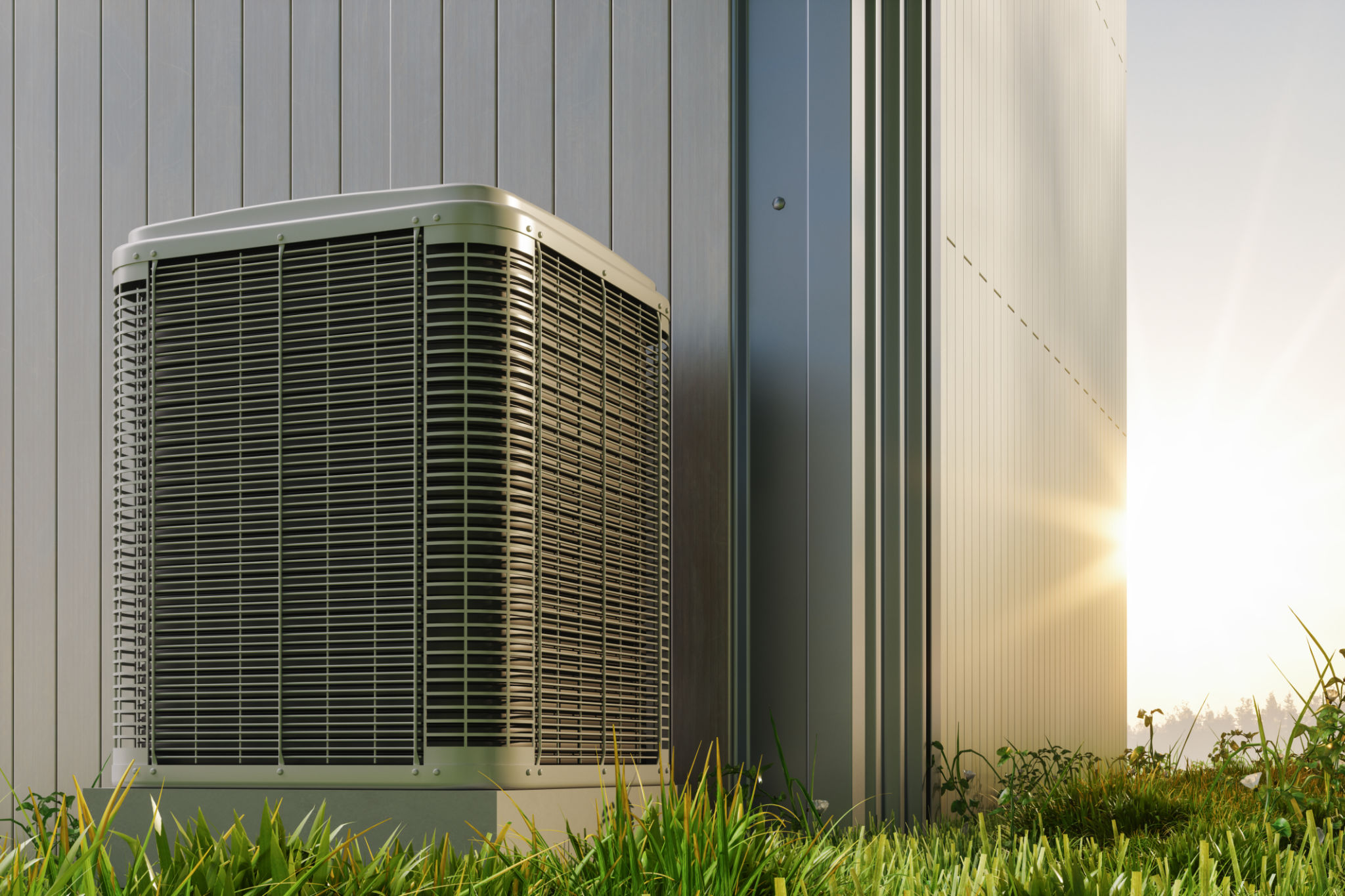DIY Tips for Quick AC Fixes Before Calling the Experts
Understanding Your AC System
As the temperature rises, a well-functioning air conditioner becomes essential for comfort. However, when your AC unit starts acting up, it can be both frustrating and uncomfortable. Before you reach for the phone to call in the professionals, consider trying a few **DIY fixes** that might save you time and money.

Check the Thermostat
The first step in troubleshooting your AC unit is to check the thermostat. Ensure that it is set to the correct mode—either *cool* or *auto*. If your thermostat uses batteries, try replacing them. Sometimes, a simple battery change can resolve the issue.
If your thermostat is programmable, verify that the settings are correct. Resetting it to the factory default settings can also help if you're unsure about the programmed options.
Inspect and Replace Air Filters
Dirty or clogged air filters are one of the most common causes of AC problems. A blocked filter restricts airflow, causing your system to work harder than necessary. Inspect your air filters regularly and replace them every 1-2 months, especially during peak usage times.

Replacing air filters is a simple task that can enhance your AC's efficiency and indoor air quality. Make sure you use the correct size and type of filter recommended by the manufacturer.
Examine Circuit Breakers
Sometimes, an AC unit may not function because of a tripped circuit breaker. Head to your electrical panel and check if the breaker connected to your AC unit has tripped. If it has, simply reset it by switching it off and then back on.
If the breaker trips again shortly after resetting, there might be an underlying electrical issue. In such cases, it's best to contact a professional electrician to assess the situation.

Clear Debris from Outdoor Unit
The outdoor unit of your AC system can accumulate dirt, leaves, and other debris over time, which may obstruct airflow and affect performance. Ensure that the area around the outdoor unit is clean and that there’s at least two feet of clearance on all sides.
Switch off the power to the unit before cleaning. Use a garden hose to gently wash away any dirt or debris from the coils. Avoid using high-pressure settings as they can damage delicate components.
When to Call the Experts
While these DIY tips can resolve many minor issues, there are times when professional intervention is necessary. If your AC unit continues to malfunction after attempting these fixes, or if you notice unusual noises or leaks, it's time to call in HVAC experts.
Routine maintenance by professionals can also prevent future breakdowns and prolong the lifespan of your system. Consider scheduling regular check-ups to keep your AC running smoothly throughout the season.
